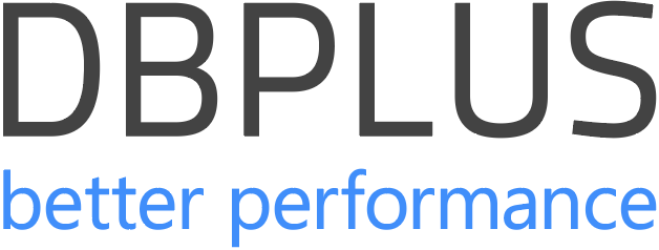17/10/2024
Through Data Reliability: What is ACID When it Comes to Databases?
What is ACID when it comes to databases? Atomicity, Consistency, Isolation, and Durability are the pillars that keep database transactions from descending into chaos. These properties form the foundation of reliable database systems, ensuring that every operation follows the rules. That’s how we can handle every failure with precision, and leave no transaction incomplete or in a corrupt state. Without them, the data world would be a mess of half-executed actions, inconsistent records, and data loss that could bring even the simplest system to its knees.






